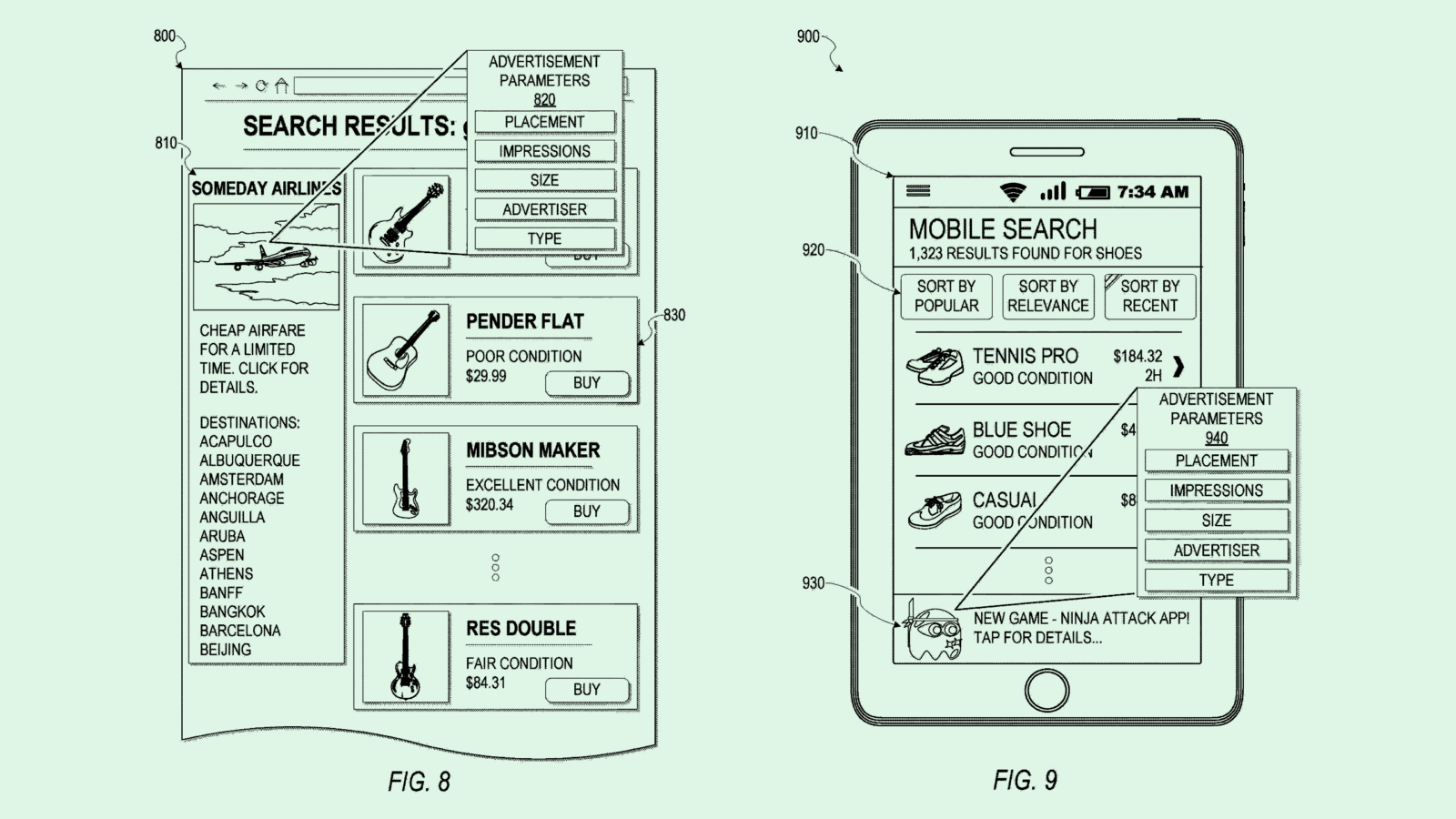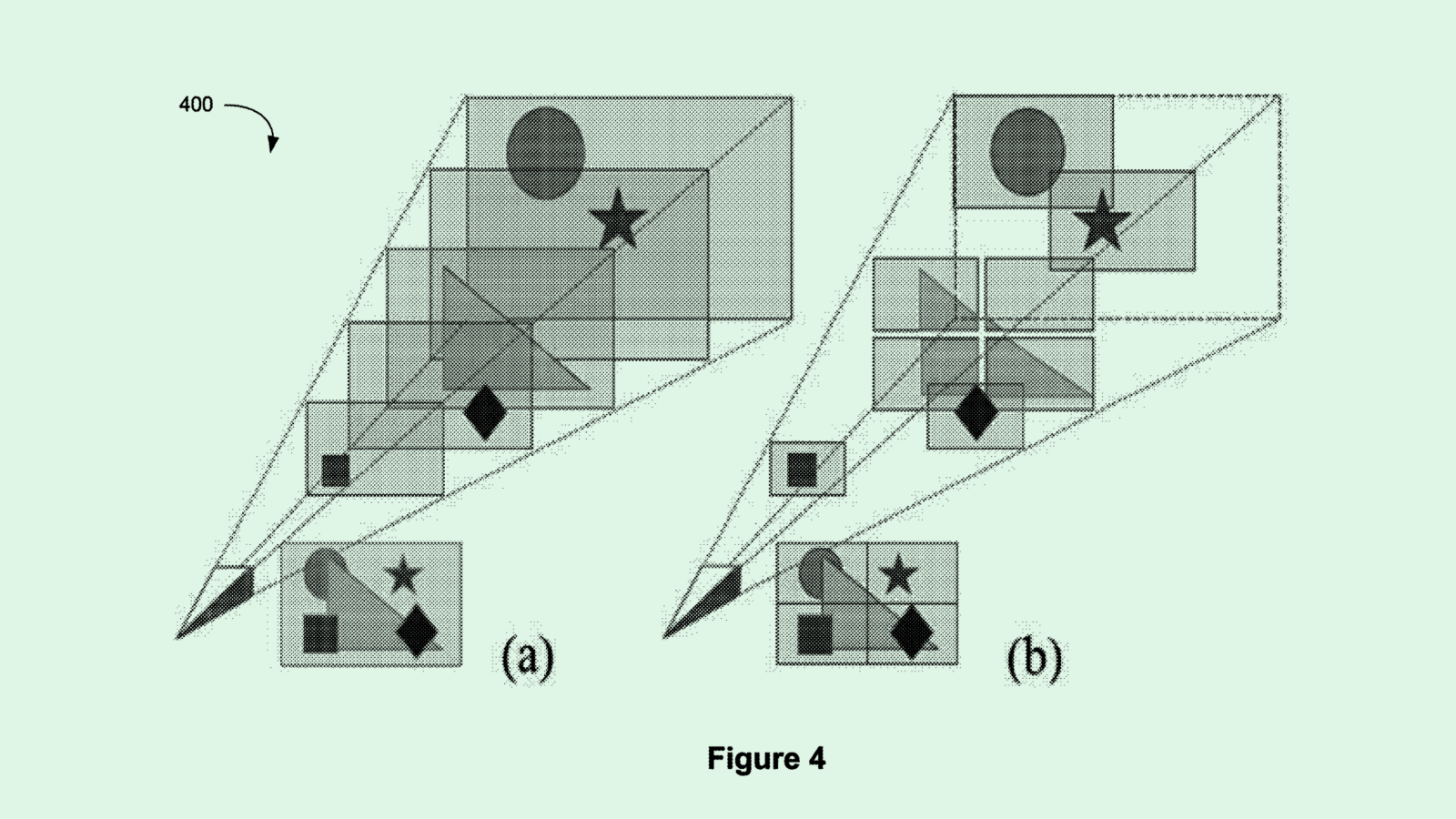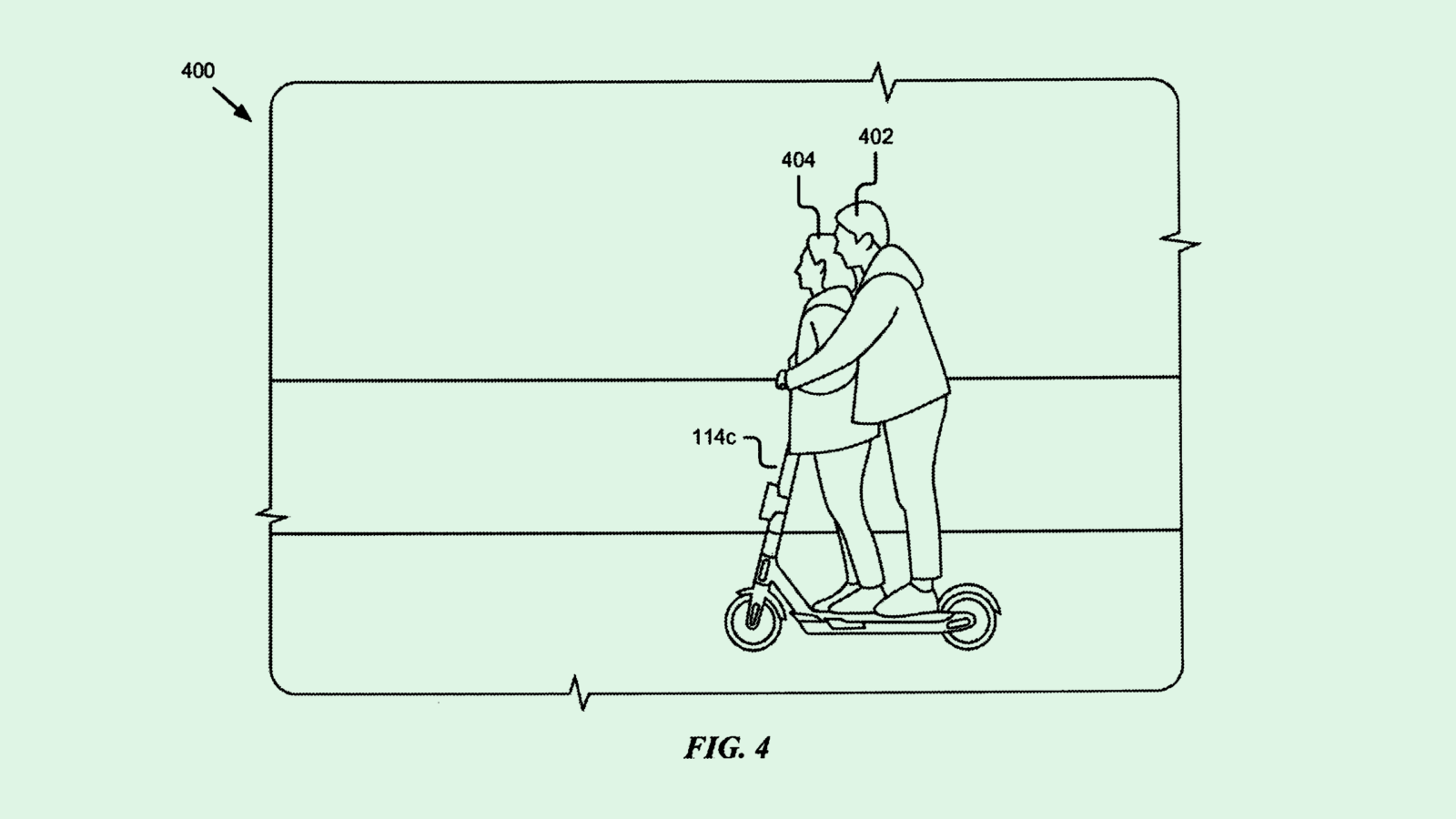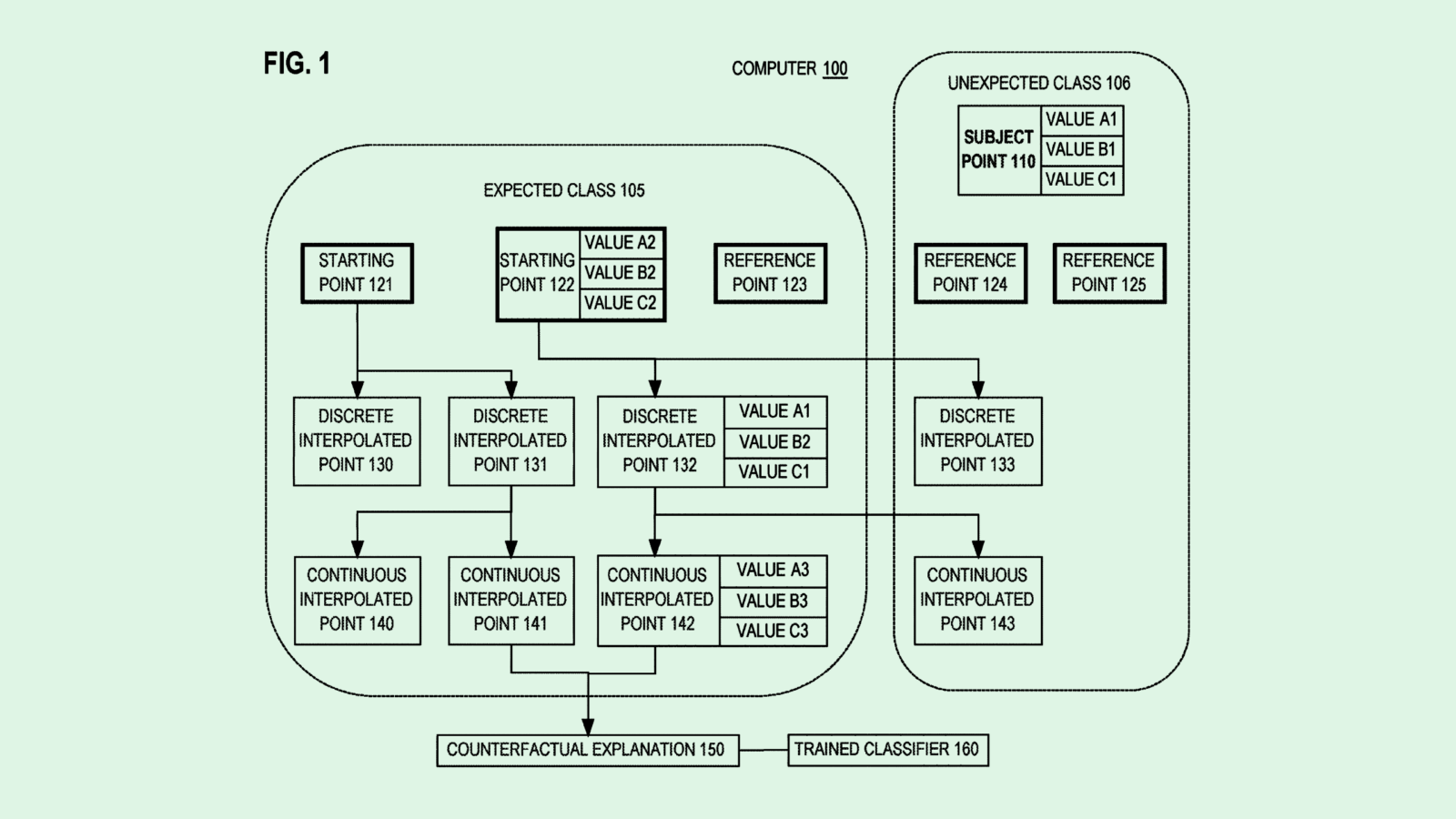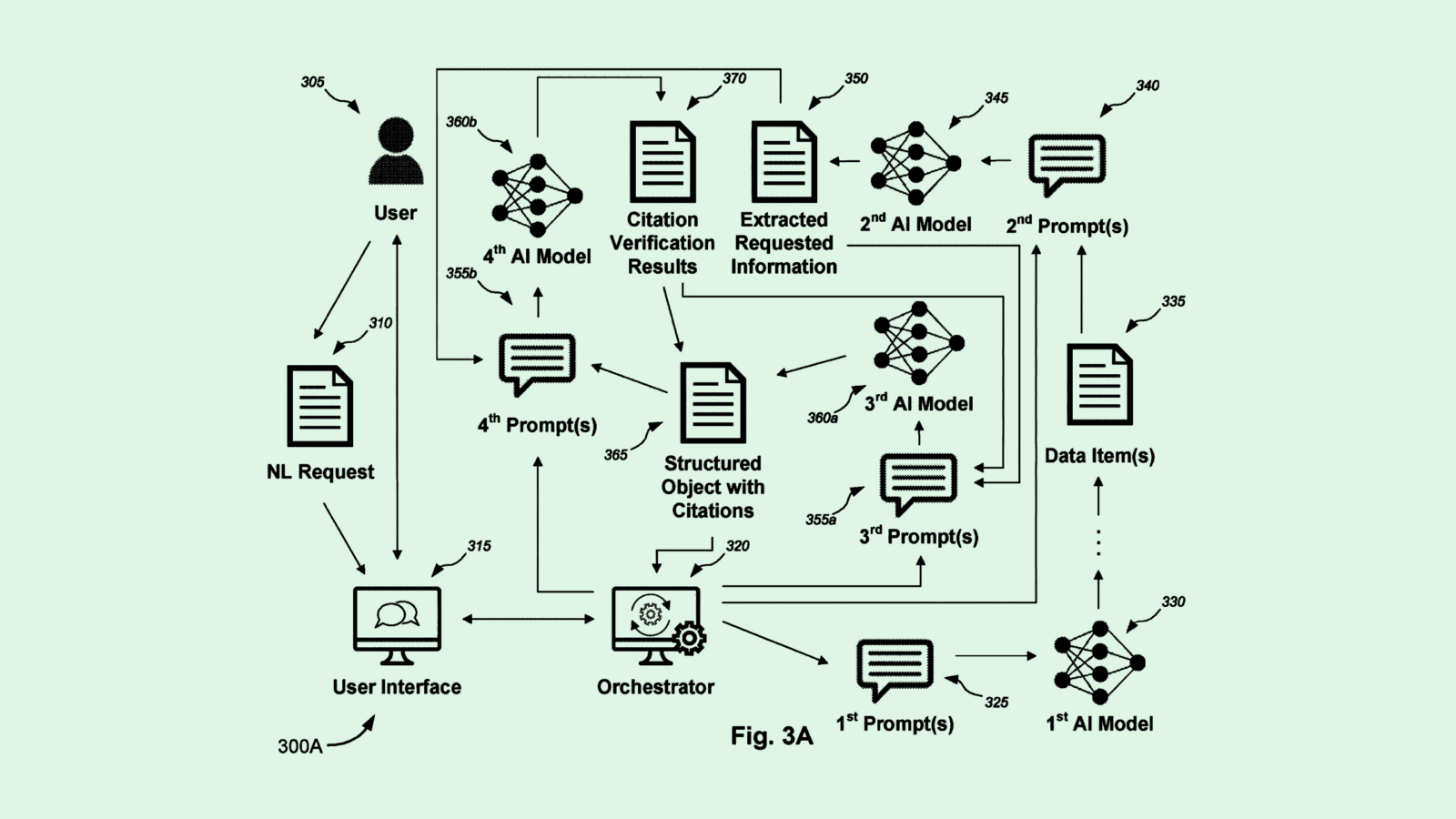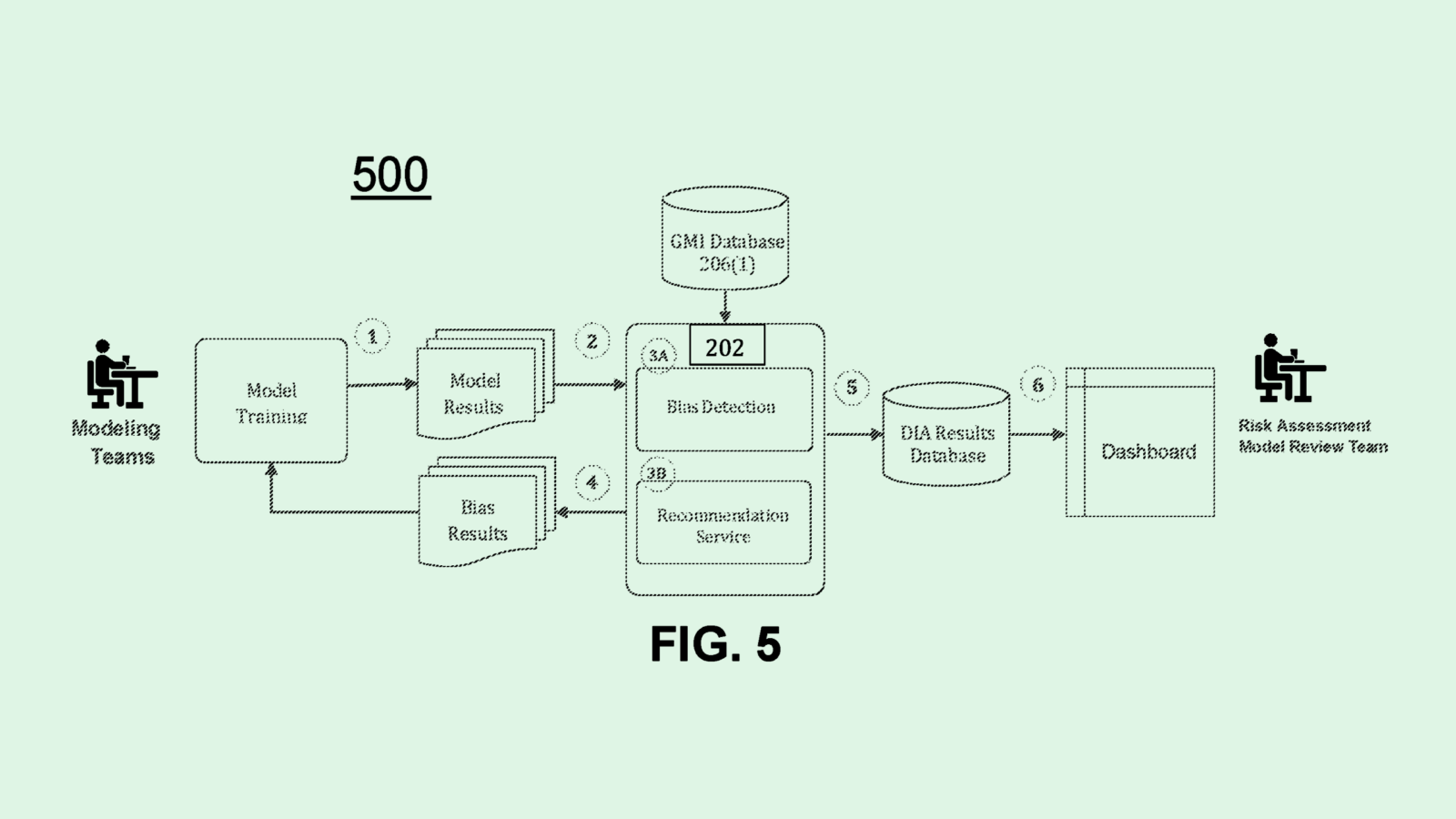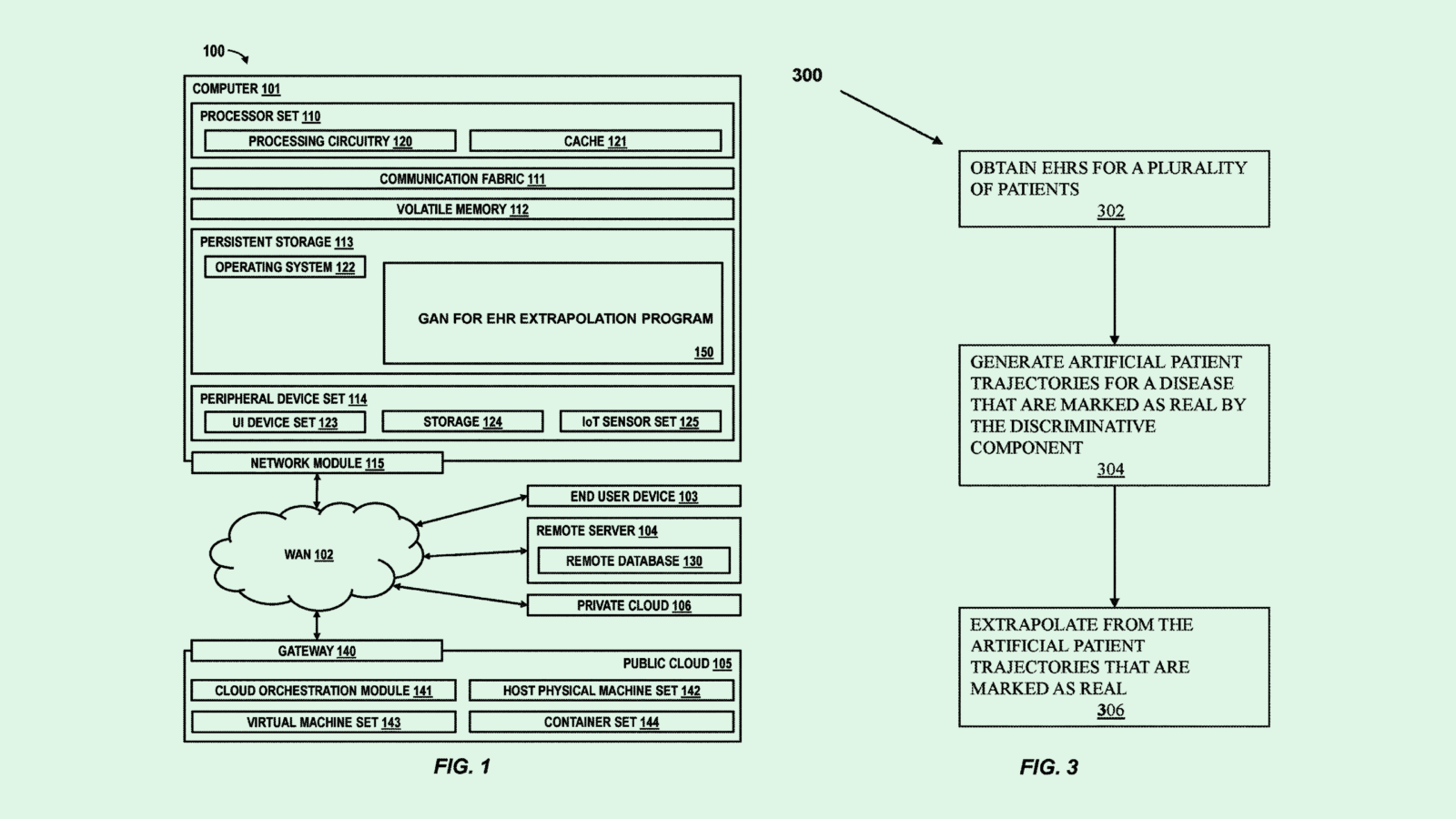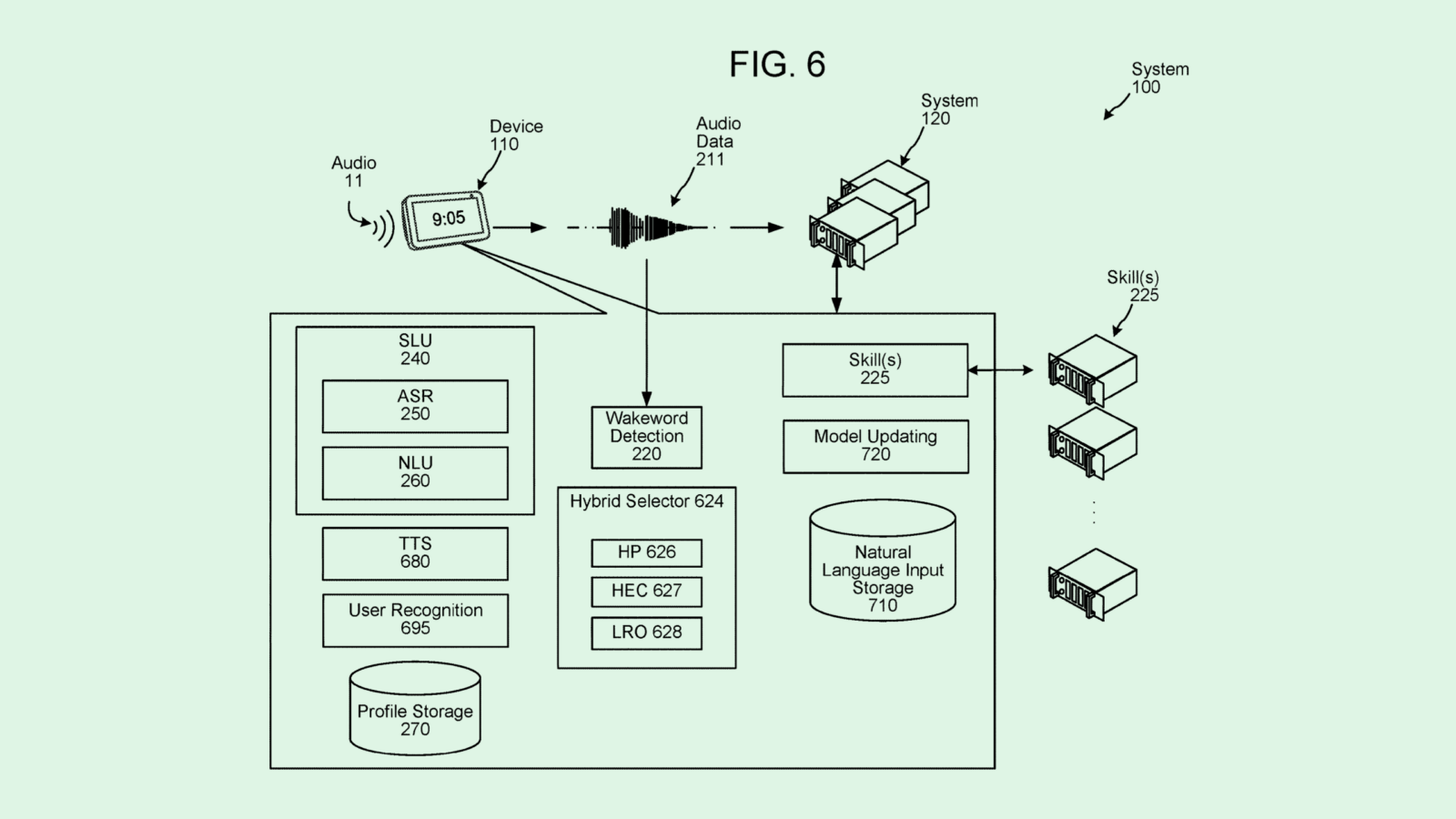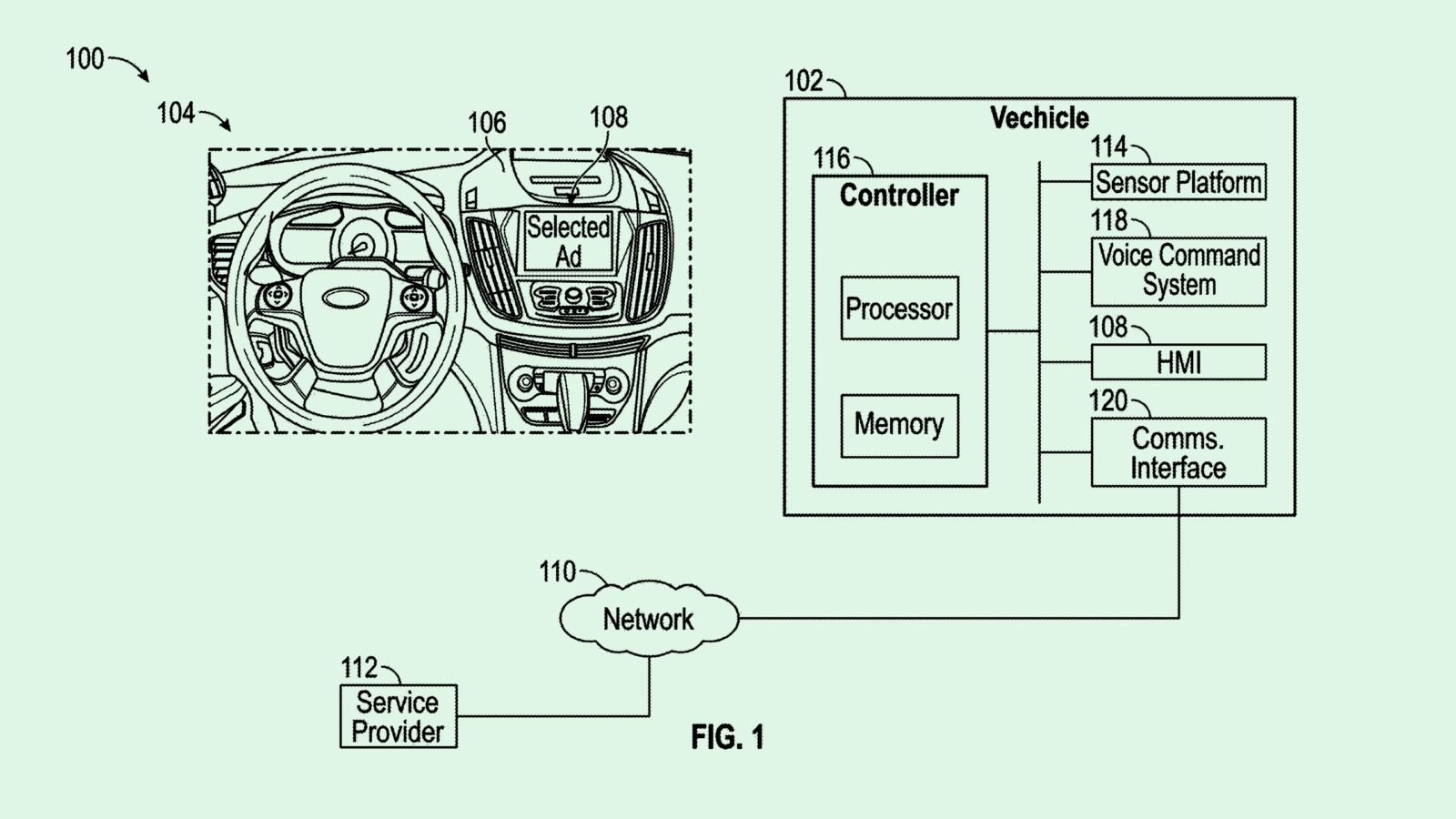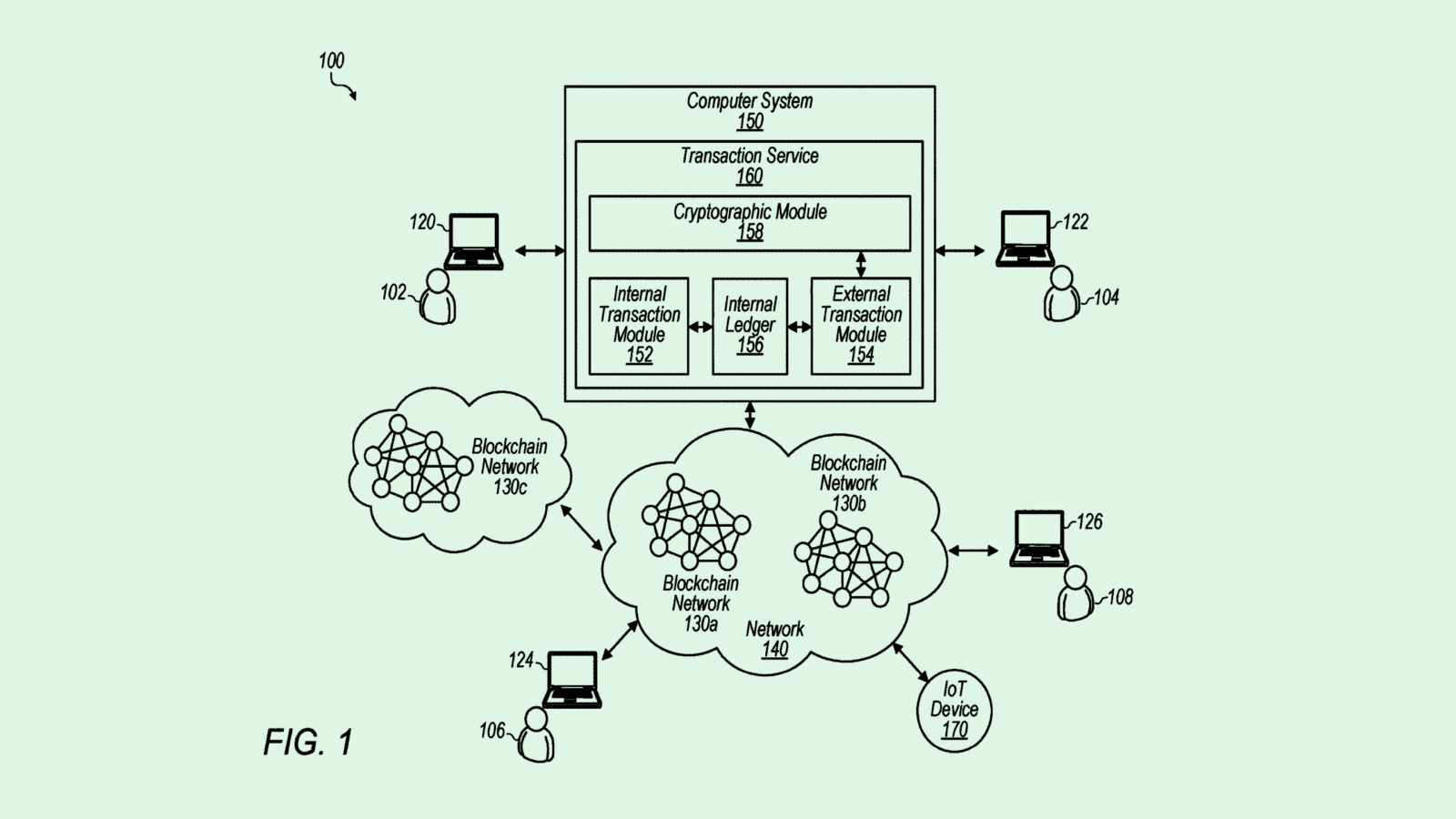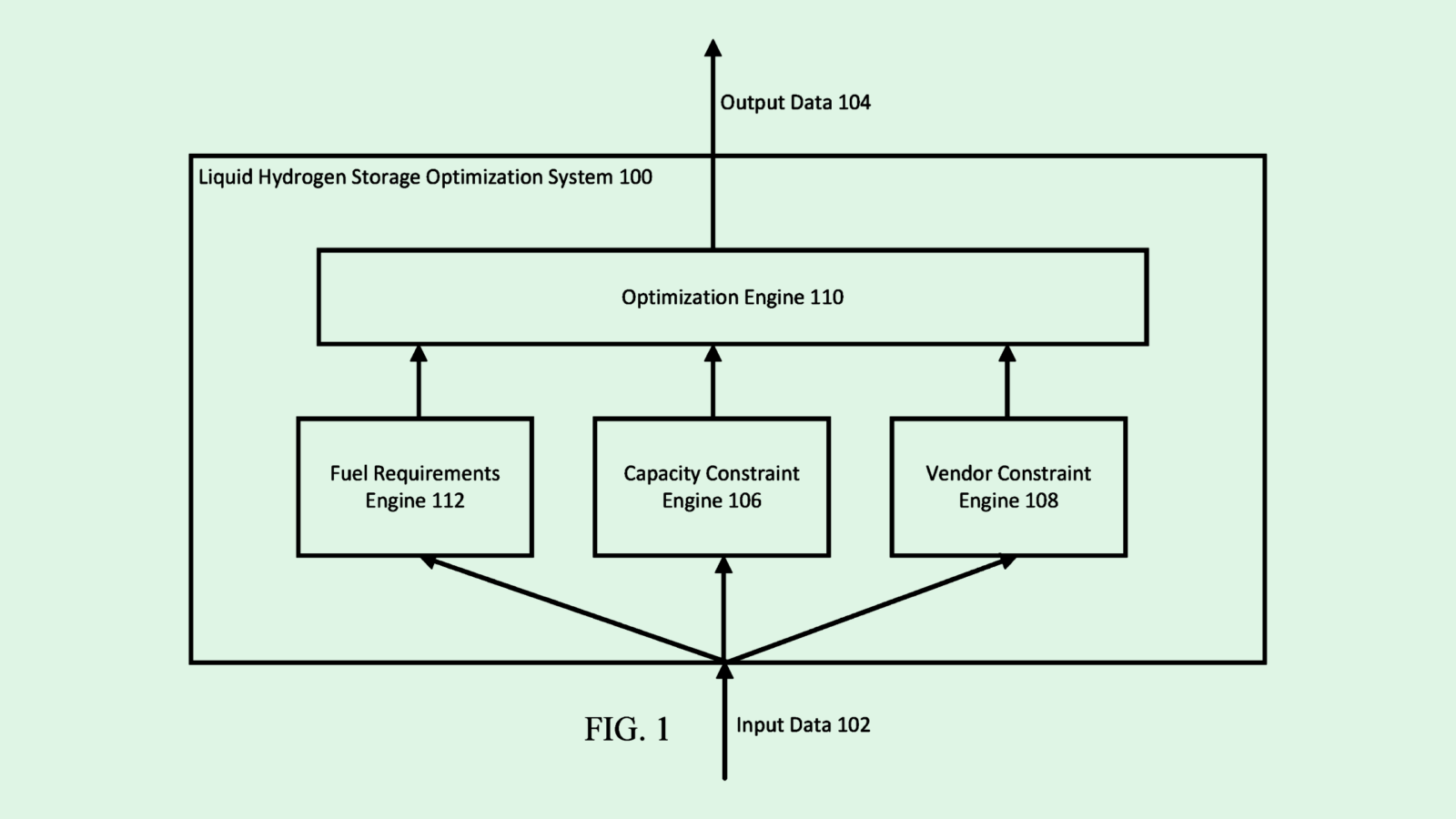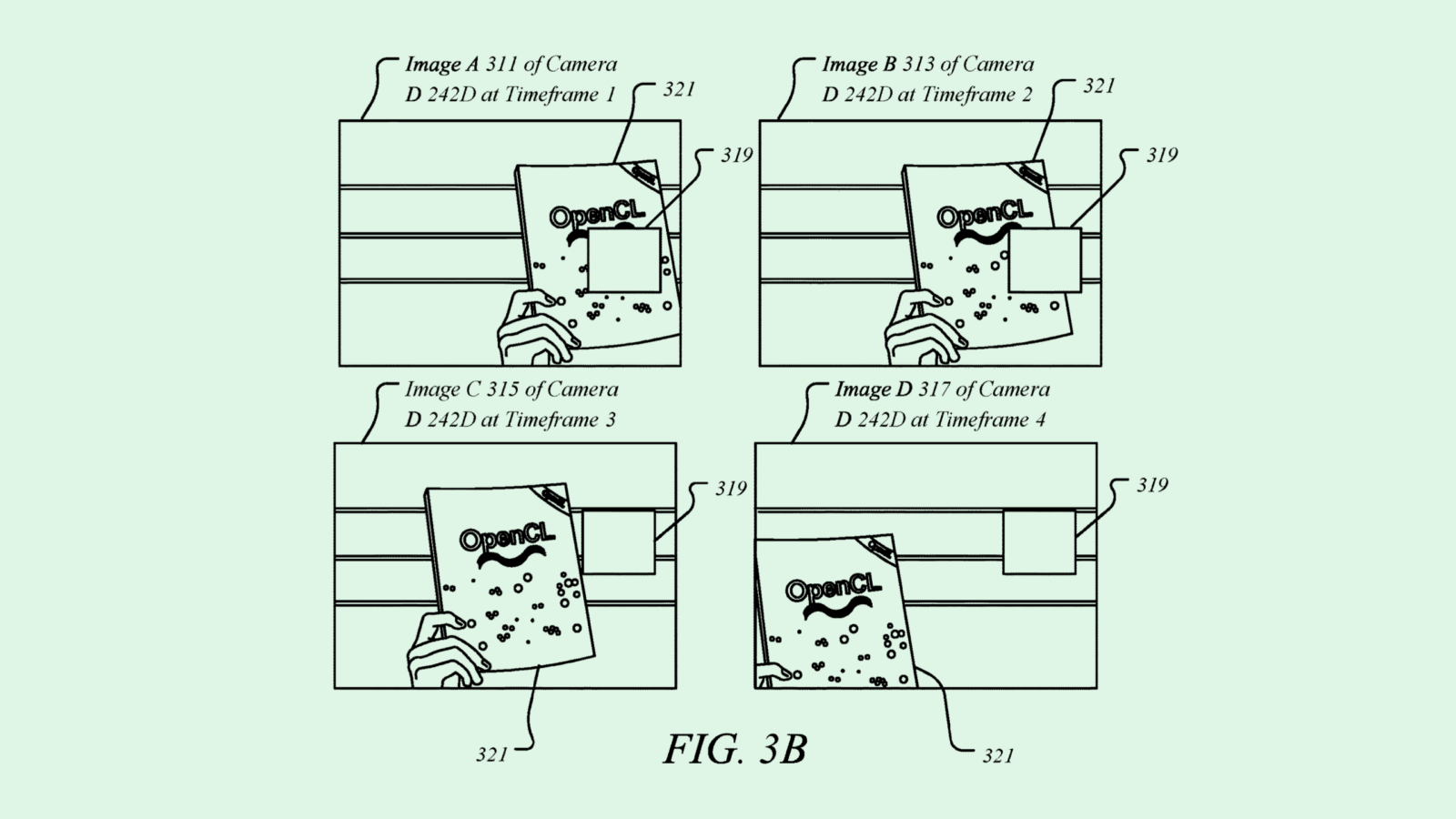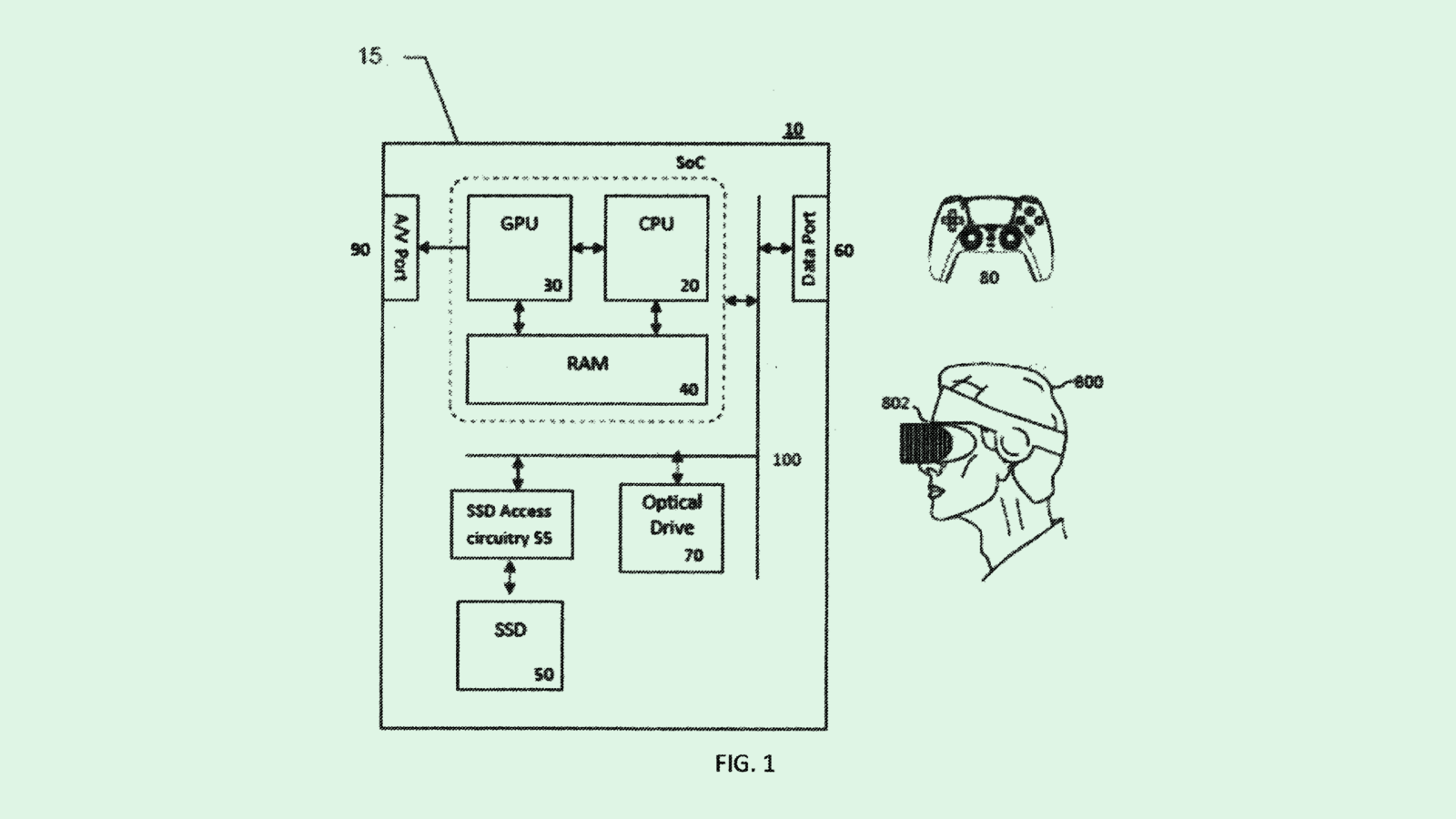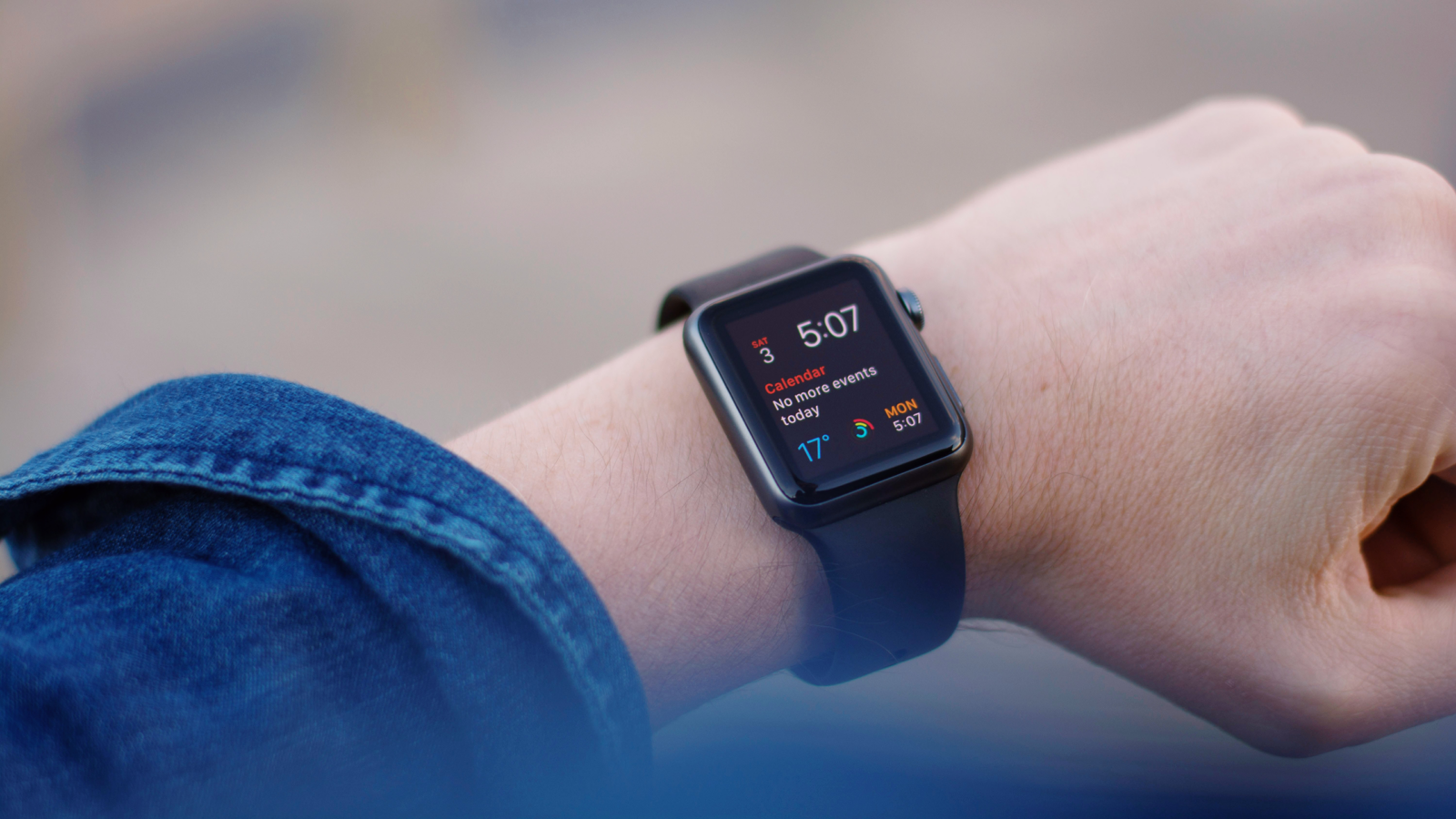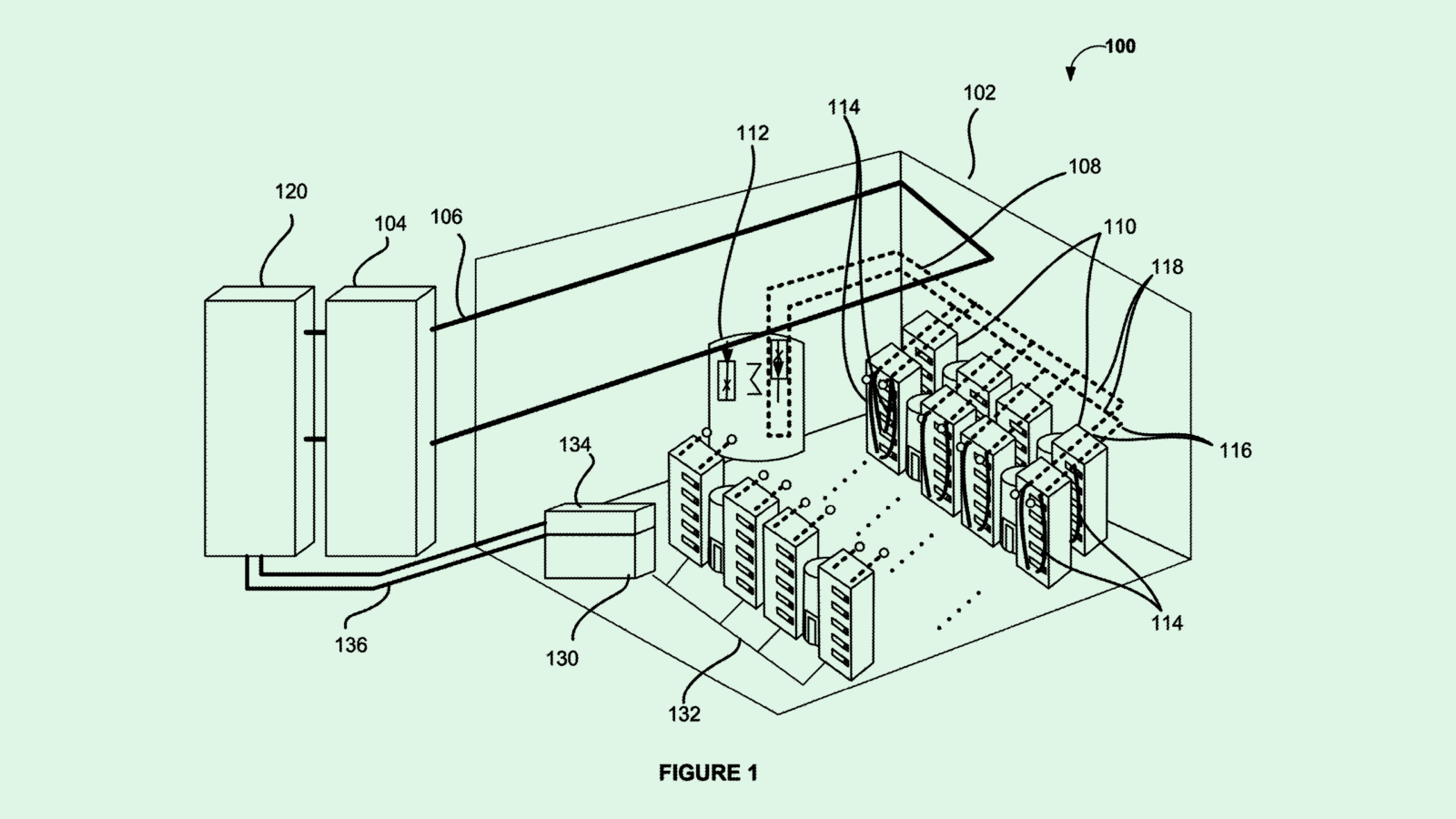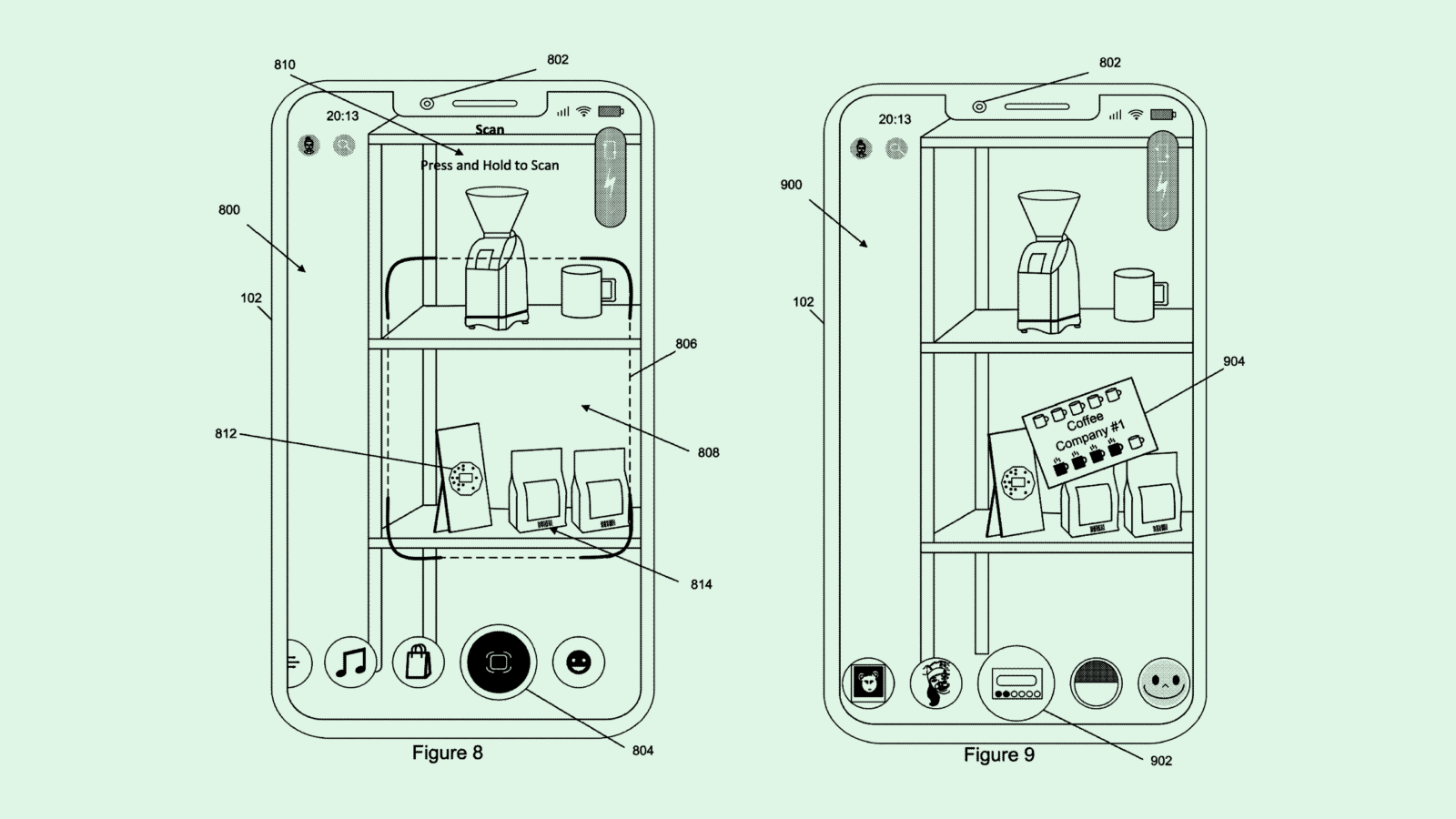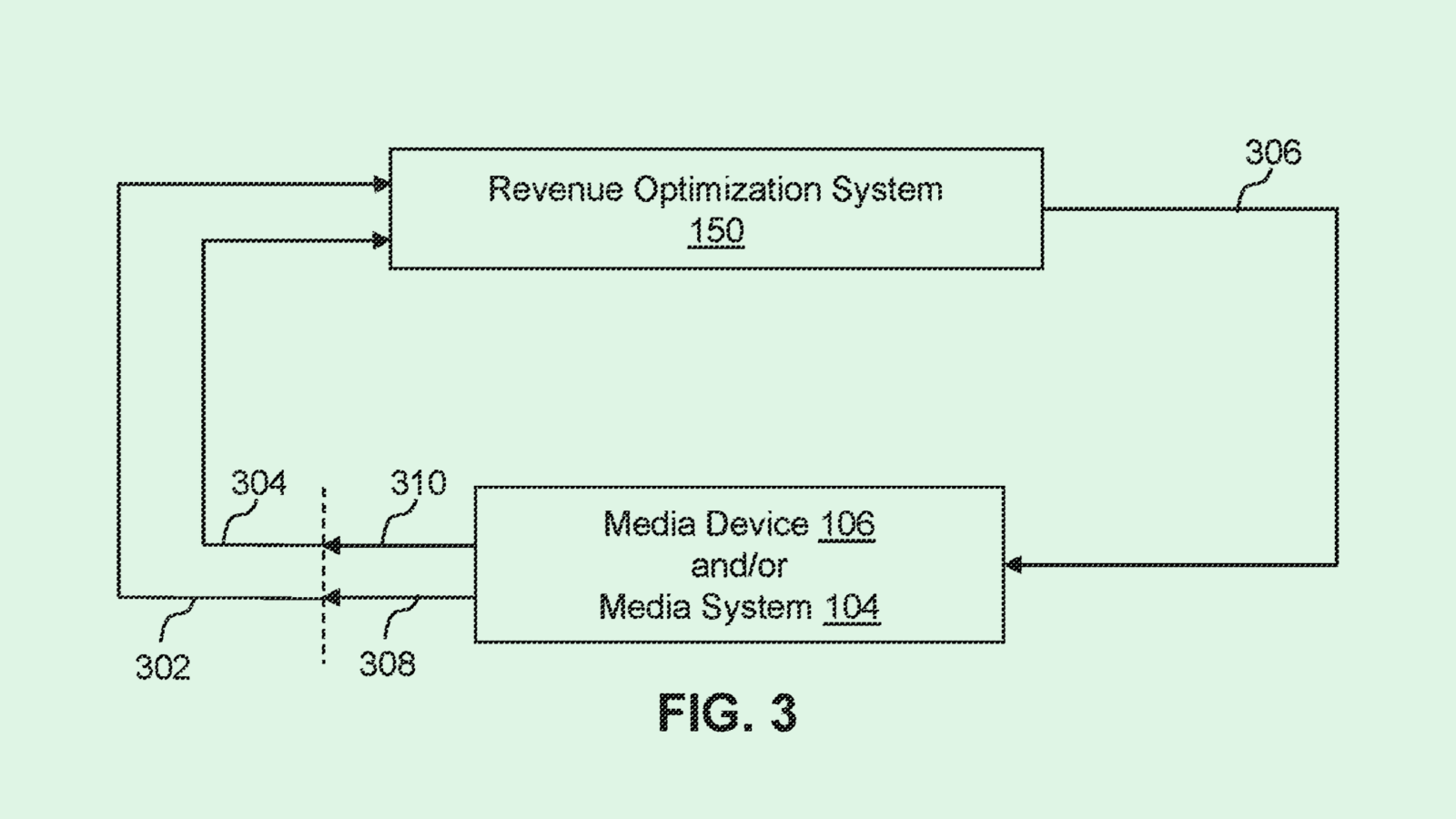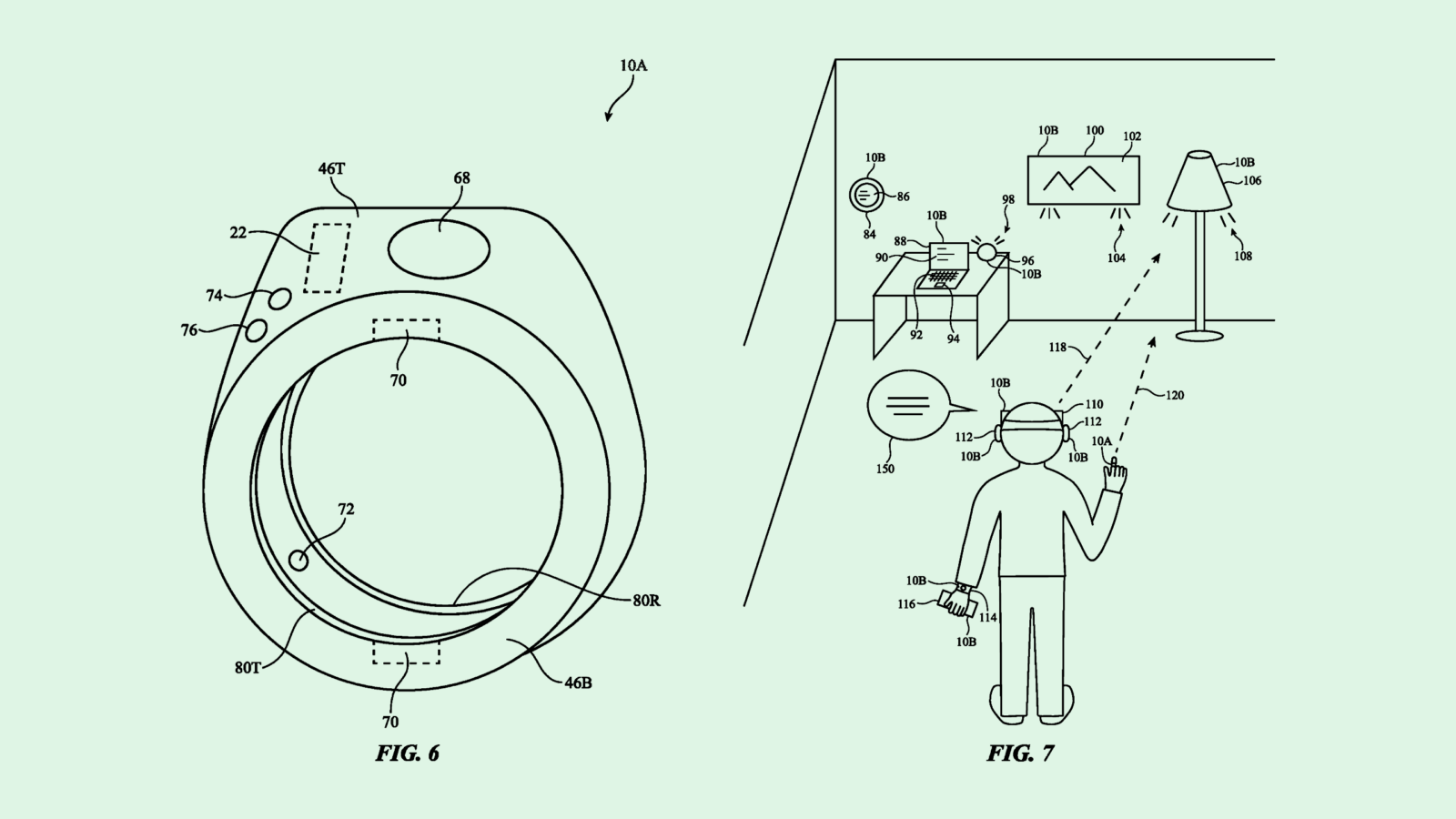Patent Drop
In-depth analysis and disruptive technology with a unique and exclusive lens at the earliest stage of innovation. Read by builders and investors in the future of technology.
-
Google AR Patent Highlights Potential Advantage in Smart Glasses Market
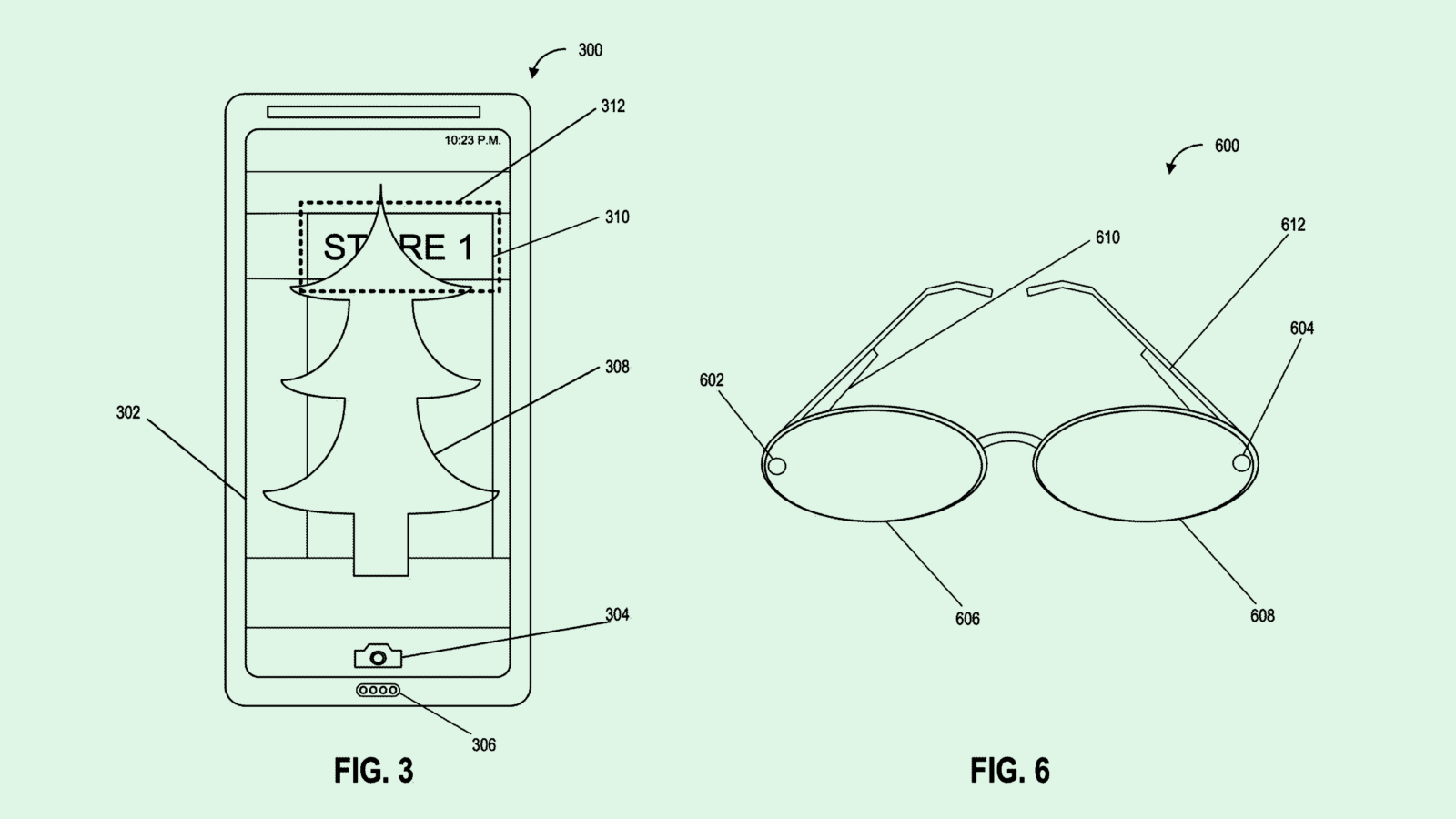
Photo via U.S. Patent and Trademark Office -
PayPal Behavior Tracking Patent Adds to its Advertising Bid

Photo via U.S. Patent and Trademark Office -
Lyft Seeks Micromobility Patents Amid Bike and Scooter Restructuring

Photo via U.S. Patent and Trademark Office -
Oracle Patent Strengthens Software as It Plays AI Catch-up

Photo via U.S. Patent and Trademark Office -
Microsoft Patent Protects AI Models from Data Security “Jailbreak”

Photo via U.S. Patent and Trademark Office -
JPMorgan Chase Patent Highlights Risk of AI Bias in Banking

Photo via U.S. Patent and Trademark Office -
IBM Diagnostic Patent Highlights AI-powered Healthcare’s Data Issue

Photo via U.S. Patent and Trademark Office -
Amazon Patent Highlights Double-Edged Sword of Personalized AI

Photo via U.S. Patent and Trademark Office -
Ford Patent May Bring In-Car Advertisements on Your Road Trip

Photo via U.S. Patent and Trademark Office -
PayPal Patent Cuts Blockchain Energy Costs as it Ups Crypto Chops

Photo via U.S. Patent and Trademark Office -
Google Patent Eyes Hydrogen for Data Centers as Energy Use Soars

Photo via U.S. Patent and Trademark Office -
Intel’s IP ‘Land Grab’ Highlights Lagging in Robotics, AI Market

Photo via U.S. Patent and Trademark Office -
Sony Patent Highlights how Game Industry Should (and Shouldn’t) Use AI

Photo via U.S. Patent and Trademark Office -
Tech Firms Inch Closer to Users with AI Wearables

Photo by Gian Prosdocimo via Unsplash -
Nvidia Patent Reels In Data Centers’ Energy Usage as AI Chips Skyrocket

Photo via U.S. Patent and Trademark Office -
Google Image Patent Highlights Potential of Consumer AI Tools

Photo via U.S. Patent and Trademark Office -
Roku Patent Balances Ad Output as Streaming Industry Plateaus

Photo via U.S. Patent and Trademark Office -
Apple Ring Patent Highlights Potential Plan to Expand Product Lineup

Photo via U.S. Patent and Trademark Office
